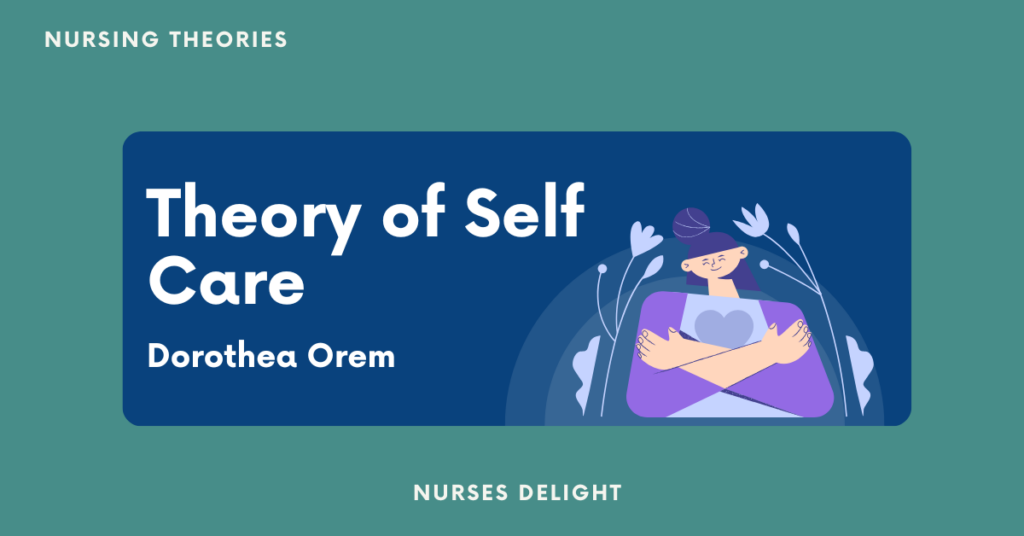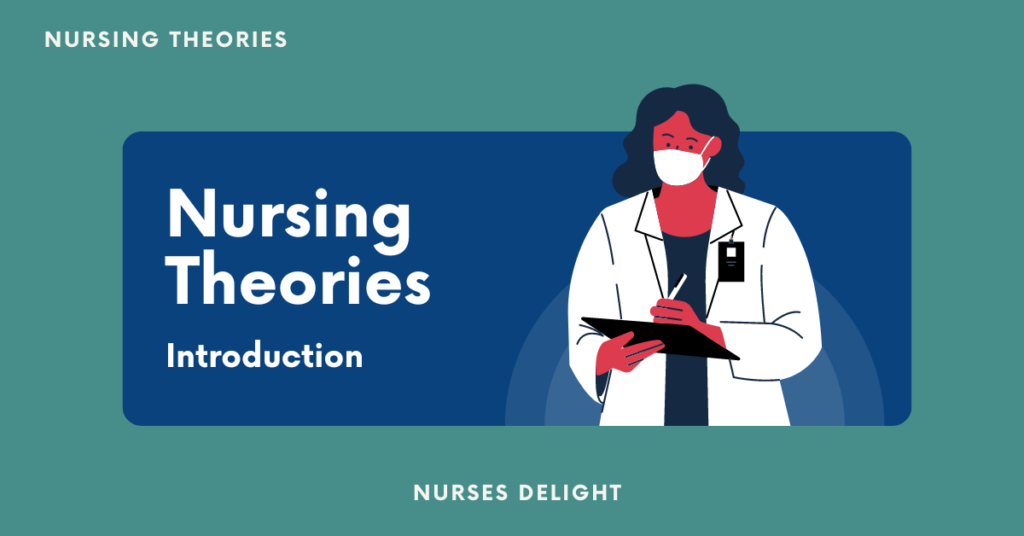Dorothea Orem’s Self-Care Deficit Nursing Theory is a highly significant concept in nursing, focused on patients’ ability to care for themselves and the role of nurses in bridging self-care gaps.
Brief History of Dorothea Orem
Dorothea Elizabeth Orem was born July 15, 1914, in Baltimore, Maryland, United States. She was up in a close-knit family that valued education and individual responsibility. These values will later shape her nursing efforts.
Orem got her nursing diploma from the Providence Hospital School of Nursing in Washington, D.C. in 1934. She completed her study at Catholic University of America, where she received a Bachelor of Science in Nursing study in 1939 and a Master’s degree in Nursing Education in 1945. Her academic achievements provided a solid platform for her theoretical contributions.
Orem has had a variety of positions throughout her career, including nursing educator, administrator, and consultant. She was the Director of Providence Hospital’s School of Nursing before becoming a consultant for the Division of Hospital and Institutional Services. Her experiences in these roles motivated her to create the Self-Care Deficit Nursing Theory, which was initially published in her 1971 book Nursing: Concepts of Practice.
Description of the Theory
Orem’s Self-care Deficit Nursing Theory is a component of her larger Self-Care Framework, which comprises of three interconnected ideas
- Self-Care Theory: Emphasizes individual responsibility for meeting their own needs
- Self-Care Deficit Theory: Identifies situations where nursing care is necessary due to a lack of self-care skills.
- Nursing Systems Theory: Provides insight into how nurses address patients’ self-care needs.
Key Points of the Theory
- Nursing care is necessary for those who cannot care for themselves due to disease, accident, or other circumstances.
- Nurses evaluate the patient’s self-care needs and capacities before designing and implementing interventions to address the inadequacies.
Assumptions of the Theory
- With the right information, resources, and abilities, individuals can care for themselves.
- Self-care is crucial for sustaining life, health, and wellbeing.
- Nursing is necessary when persons are unable to meet their self-care needs.
- Self-care behaviors can be acquired, improved, and sustained over time.
- Each individual has unique demands and capacities.
Major Concepts
Self-care refers to self-initiated activities that promote health and well-being.
- Self-Care Deficit: When an individual is unable to meet their own needs due to illness, disability, or other reasons. This is where nursing intervention is required.
- Nursing Agency: The nurse’s ability to assist individuals with their self-care needs.
- Nursing Systems: Orem identified three nursing systems depending on patient reliance.
- Wholly Compensatory: Nurses provide all care for patients unable to perform any self-care.
- Partially Compensatory: Nurses and patients share responsibilities for self-care.
- Supportive-Educative: Nurses provide support and education to help patients regain independence.
- Basic Conditioning Factors: Age, gender, health state, environment, and accessible resources all impact an individual’s ability to care for themselves.
Application in Nursing
Orem’s theory is widely applicable across various nursing specialties and settings.
- Acute Care: Nurses assess and correct self-care inadequacies in hospitalized patients, including those recuperating from surgery and managing chronic conditions.
- Community Health: Encourages independence by teaching self-care skills, particularly for persons with chronic conditions like diabetes.
- Geriatric Nursing focuses on supporting and educating elderly patients to maintain independence.
- Rehabilitation: Assists individuals in regaining self-care skills after injuries or illnesses.
- Mental Health Nursing: Assists people with psychological or cognitive problems with self-care tasks.
Conclusion
Dorothea Orem’s Self-Care Deficit Nursing Theory offers an organized and practical approach to nursing care. It emphasizes the necessity of recognizing patients’ self-care capabilities and providing assistance where gaps exist. The theory’s emphasis on encouraging patient independence is consistent with nursing’s overall goals of empowering persons to attain optimal health and well-being. Orem’s approach, which addresses patients’ particular needs through tailored interventions, continues to guide and inspire nursing practice around the world.
References
- Biggs, A. (2008). Orem’s Self-Care Deficit Nursing theory: Update on the state of the art and science. Nursing Science Quarterly, 21(3), 200–206
- Allison, S. E. (2008). Some early efforts to conceptualize nursing: A tribute to Dorothea E. Orem (Electronic version




Thank you for spending your time with our content. Your engagement makes everything we do so rewarding!
Thank You!